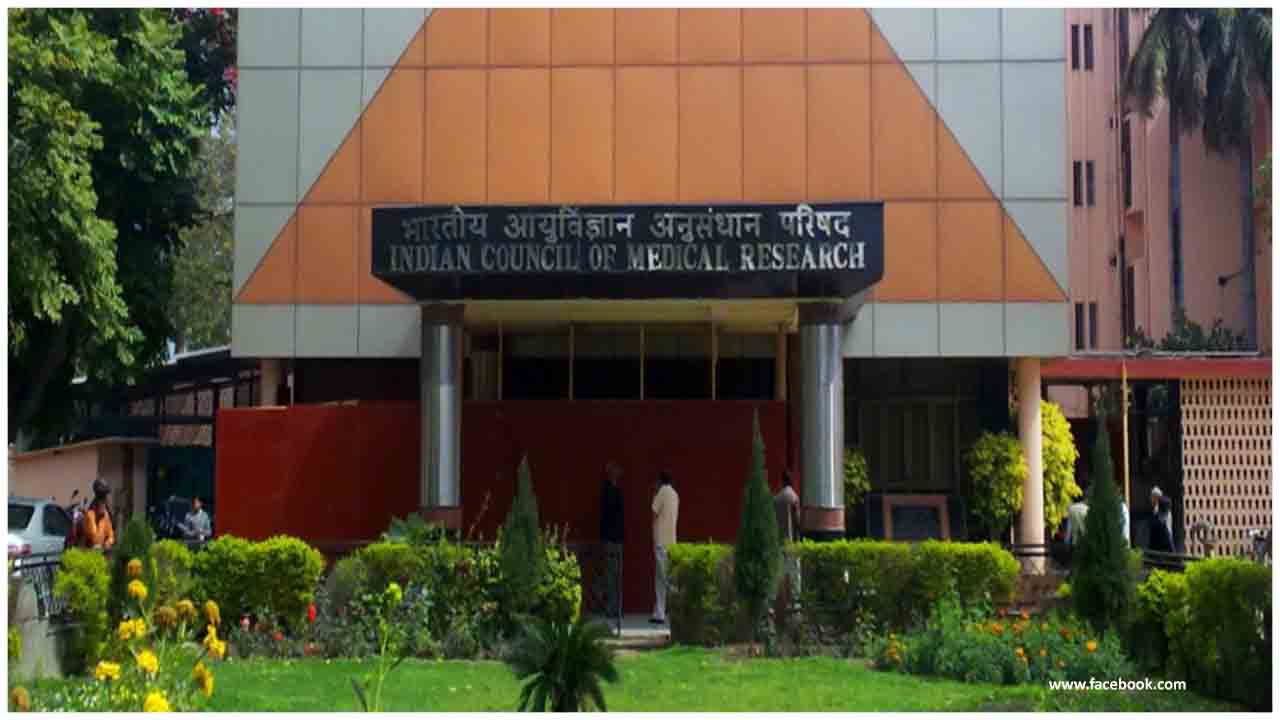As per the ICMR directives, the Mumbai civic body would soon be conducting a serosurvey in three wards of the metropolis to know the extent of the spread of coronavirus in Mumbai. The survey will be conducted in association with the NITI Aayog, Tata Institute of Fundamental Research (TIFR), and some other institutions.
During the survey 10,000 random blood samples will be tested. Mumbai civic body said that the study will provide information about exposure to infection and progression of the disease in the population, which will be critical to make informed public health policy decisions.
The new survey to be undertaken by the Mumbai civic body in the wake of a rising number of coronavirus cases will be conducted in the age group above 12 years, and a total of 10,000 blood samples will be collected. These samples will be randomly collected from both slum and non-slum areas in M- West, F North and R Northwards. The blood samples will be sent to the Kasturba Molecular Diagnostics lab and Translational Health Science and Technology Institute, Faridabad for detecting Immunoglobulin G antibodies.
The detection of antibodies is considered as a sign of exposure to COVID-19 infection.
Meanwhile, the Mumbai police commissioner Param Bir Singh who visited suburbs in north Mumbai said that buildings in congested areas and slums in the region will be sealed considering the rise in COVID-19 cases in the last 15 days. He attributed the spread of coronavirus infection to the high population density in the area.
Meanwhile, the serological survey starts today in Delhi. This survey is being carried out jointly by the National Centre for Disease Control, NCDC and Delhi Government. The survey is being conducted in all the districts of Delhi to understand the proportion of the population exposed to Corona infection.
Two age categorizations have been set to conduct the survey, one is for below 18 years of age group and another for above 18 years. The survey involves the collection of blood samples from 20 thousand individuals.
Blood samples are being collected for detecting IgG antibodies using an IgG ELISA kit. The collected blood samples will be tested in a lab using antibody testing kits to understand whether the person was infected by the virus and developed antibodies against it. A report will be submitted to the government after the completion of the survey.
The serological survey is part of a 'Revised COVID Response Plan' decided by the Delhi government as per the directions received from the Health and Family Welfare Ministry.
Depending upon the level of seroprevalence of infection, appropriate public health interventions can be planned and implemented for prevention and control of the disease.
As per the Indian Council of Medical Research, periodic serosurveys are useful to guide the policymakers to conduct surveys in high-risk areas or vulnerable populations.

 Mumbai to conduct serological survey soon as Delhi starts from today
Mumbai to conduct serological survey soon as Delhi starts from today










.jpeg)


.jpeg)



.jpeg)
.jpeg)






.jpeg)





